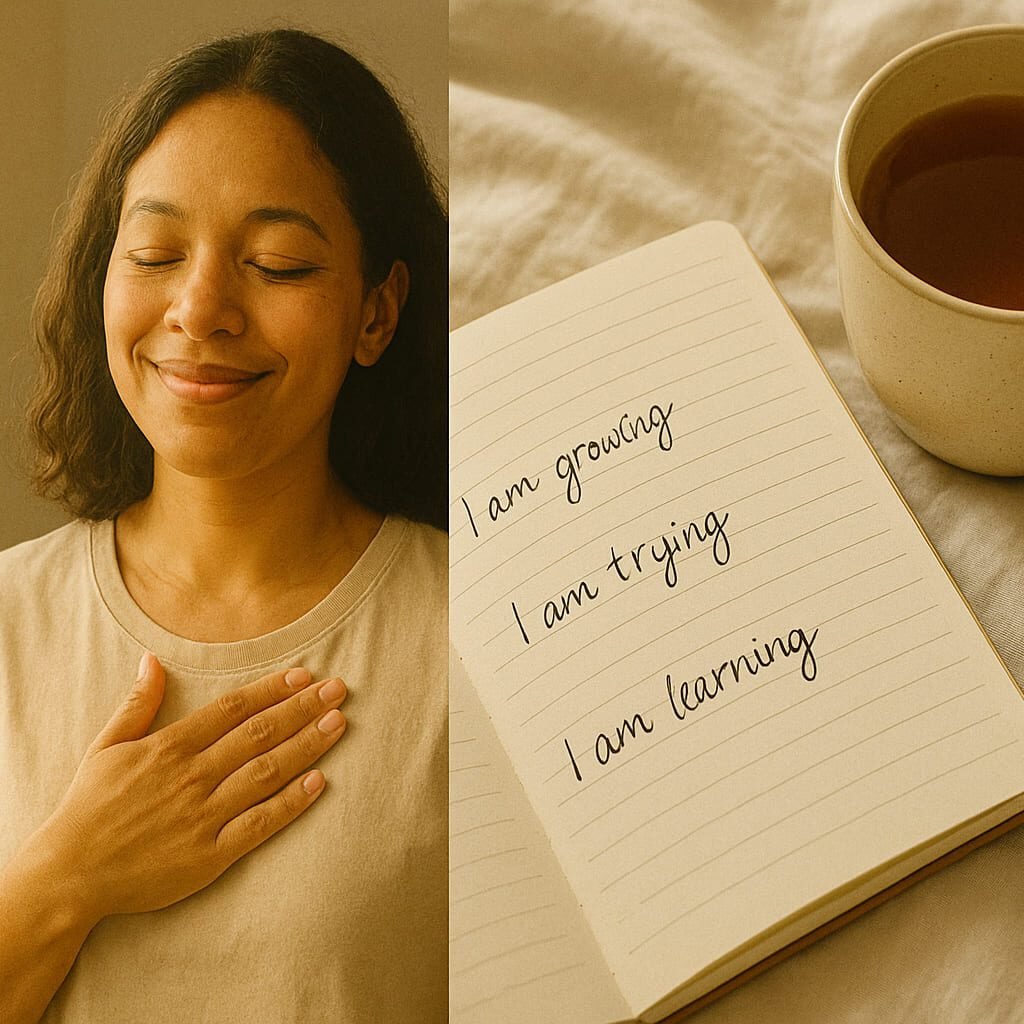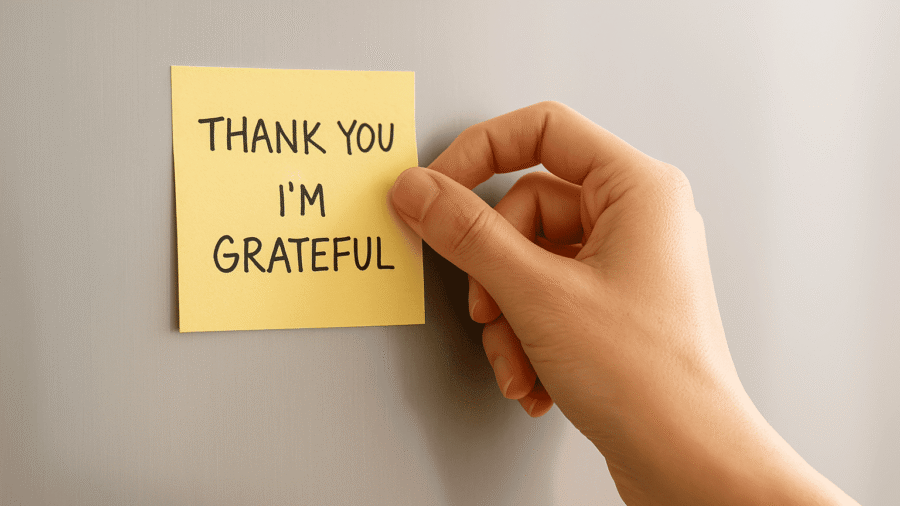We do not hesitate to say, “thank you” to express gratitude when someone does something good for us. It is only natural, something that makes us feel better in the moment. But what if we go a step further? What if we practice gratitude every day, not just for the kindness others show us, but for ourselves and the things in our lives?
The world we are living in today is becoming too loud, fast and increasingly demanding. And in the middle of all the ups and downs, our mind clings to what went wrong, what we missed, lost, or feared. But gratitude quietly offers another way to live.
When we deliberately practice gratitude, we activate our brain’s reward system, thus fostering feelings of happiness, connection, and emotional balance. This simple habit has the power to reprogramme our brain, reducing stress, improving our emotional resilience, and helping us find to find joy in life’s small things.
In this article, we will discover how gratitude changes the brain at a deep level, helping us build stronger emotional bonds, manage stress, and find more joy every day.
How Gratitude Activates Your Brain’s Reward System
Gratitude lights up the brain like a light switch. When you express or receive genuine thanks, your brain activates regions associated with reward processing, social bonding, and emotional regulation.
According to the APA Solutions, gratitude releases dopamine and serotonin which are the two neurotransmitters the brain employs to control mood and pleasure. Not only does it put you in a good mood but also causes your brain to seek more of those moments of gratitude.
Research conducted in 2023 published in the National Institutes of Health database reported that gratitude practices were very effective in enhancing emotional well-being and reducing anxiety, validating its measurable neurological impact.
Gratitude and the Emotional Centers in the Brain
In a Recent MRI study, participants who practiced gratitude journaling for six weeks experienced less amygdala activity and lower inflammatory markers. This means that their brains responded less to stress and fear in a more balanced manner.
Additionally, another 2022 study found that individuals who consistently felt grateful had larger right amygdala volume and scored better on cognitive functioning tasks (Source).
Again, a 2016 study reported that participants who composed thank-you letters saw long-term increases in medial prefrontal cortex activity, even three months after the writing exercise was finished (Source). This suggests that gratitude can reshape the way your brain processes life experiences, long after a single moment of thankfulness.
Gratitude and Resilience
Your brain is not fixed; it can learn and build new connections. This ability to adapt is called neuroplasticity. Gratitude helps to guide this process, so your brain becomes better at focusing on the good stuff and less concerned with what’s not working.
Just like meditation or journaling, practicing gratitude helps your brain stay calm and balanced. It teaches your brain to focus on safety, connection, and happiness, instead of worry or fear.
The PsycheShare post Meditation 101: How to Get Started explains how simple habits like breathing exercises help reduce stress. Gratitude does the same thing, training your brain to respond to challenges with more peace and less anxiety.

Why Gratitude Helps with Mental Health Challenges
When you are struggling emotionally, especially with depression or anxiety, it may feel impossible to name things you are thankful for. Yet this is when the practice of gratitude matters most.
Gratitude gently resists numbness. It nudges your brain to come alive, helping to rebuild meaning, moment by moment.
In tough times, even tiny reflections, like the warmth of tea or a message from a friend, can reactivate emotional circuits that may have gone quiet. If that feels too hard, PsycheShare’s How to Practice Gratitude in Tough Times offers ideas for grounding gratitude in the body, senses, and present moment.
Simple Gratitude Practices That Strengthen the Brain
These simple steps can help you build mental and emotional strength over time:
- Daily Gratitude Journaling: Each day, write 1 to 3 things that made you feel thankful. Be clear and specific. For example, say “the sound of rain this morning” instead of just “the weather.”
- Gratitude Letter: Think of someone who helped you, even in the smallest way. Write a short note to say thank you. You do not necessarily need to send it, writing it itself helps your brain from dwelling on the negative.
- Remember the Good Moments: Before bed, take a few minutes to think about parts of your day that made you smile or feel good. Let yourself enjoy those memories again.
- Gratitude Meditation: Sit quietly for five minutes and think about something or someone you truly appreciate. Focus on that feeling in your body and let it grow within you gently, quietly and freely. And see how amazing that moment feels.
- Say Thank You with Meaning: As you say thank you, slow down. Feel the words. Let your brain notice the kindness, not just the habit.

Gratitude Is Not Toxic Positivity
It is important to clarify that gratitude is not denial. It is not saying everything is okay when it is not. Gratitude is taking in the good even when things are difficult. It can be something as small as a good word, quiet time, or sun in your face. It is these little things that keep your mind aware that everything is not as bad as it seems.
Gratitude is a survival tool. A mental reframe. A quiet protest against despair.
If you are going through pain, loss, or stress, you can still be grateful. Gratitude does not take the pain away, but it helps you see that the pain is not all there is, and you are more than the pain.
The Brain You Build with Gratitude

Gratitude is not an emotion. It is a practice. A daily decision to see beauty in the middle of brokenness, to find safety in the now, and to anchor your brain in connection, not fear.
Your brain listens to how you speak to yourself and how you pay attention. Gratitude is a way of speaking to yourself that says: “You are safe now. You are not alone.”
Start small. Be gentle. But know this: every time you choose to see what is good, you are changing your brain for the better.



Add a Comment